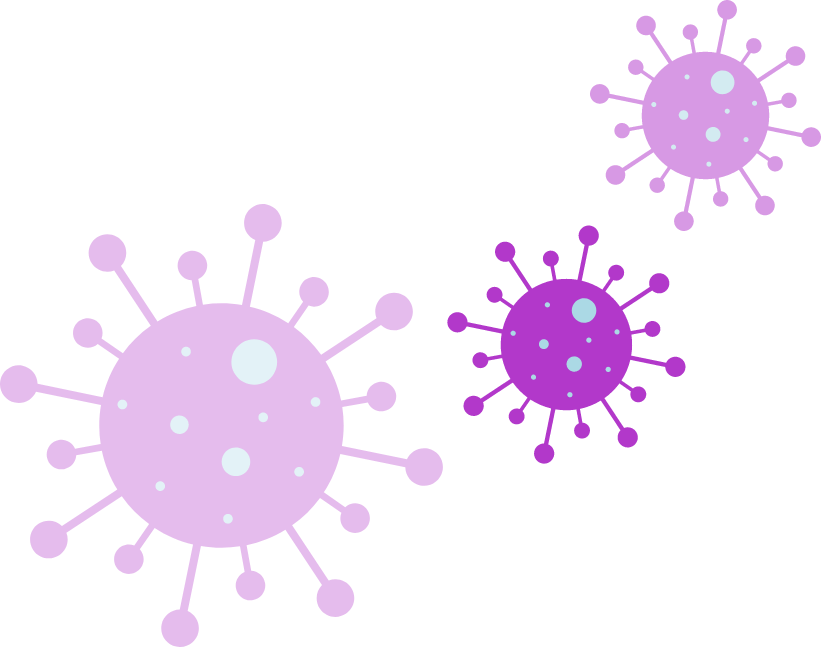
COVID-19 preclinical drug development database
Mesenchymal stromal cells for the early treatment of cytokine release syndrome
King's College London
Added 06/07/2020 | Updated 04/10/2021

Project Details
Type of project
- Target identification or validation
Therapeutic target
- Preventing cytokine release syndrome (immunomodulation or suppression)
Type of supporting technology
Phase of project
- Lead optimisation and activity validation
Modality (if can be disclosed)*
- Cell therapy
Molecular/cellular target (if known or can be disclosed)*
- IL-6
- Not known
- Other inflammatory molecules including complement activation
Partner institutions/organisations
- San Raffaele Hospital, Milan
Key contact
Name: Francesco Dazzi
Email Address: [email protected]
Phone Number:
Key Collaborators:
Francesco Dazzi (KCL) - Peter Sasieni (KCL) - Maria Ester Bernardo (San Raffele)
Anticipated timeframe of future outputs
This research project is looking for the following:
Clinical collaborators to join the clinical trialFurther Details
Abstract or additional information (if available)*
The pandemic coronavirus infectious disease (COVID-19), caused by severe acute respiratory syndrome coronavirus 2 (SARS-CoV-2), is rapidly spreading across the globe and generating thousands of deaths. One of the key factors for the fatal progression of COVID-19 is the development of a severe systemic inflammation sustained by the release of numerous cytokines (cytokine release syndrome, CRS). Therefore, whilst primary aim of the treatment is to control virus replication, there is a further unmet need to target the excessive host immune response. Mesenchymal stromal cells (MSC) are a cell population of stromal origin with potent immunosuppressive activities that have successfully been tested in the clinical treatment of severe inflammatory ailments such as graft-versus-host (GvHD) with an excellent safety profile. Here we propose that MSC will be effective at targeting the COVID-19 associated CRS and ultimately impact on disease progression. MSC will be administered as intravenous infusion to patients who will have been admitted with pulmonary involvement of COVID-19 showing clinical and ventilatory criteria of mild and moderate acute respiratory distress syndrome (ARDS) together with clinical and biological markers of systemic inflammation. According to institutional guidelines, patients will receive concomitantly the best available therapy, namely a combination of antiviral protease inhibitors and hydroxychloroquine (HCQ). In the trial, patients receiving MSC will not receive any other immunosuppressive agents for the same indication to avoid confounding signals. This is a randomised clinical trial to assess the efficacy of MSC in reducing COVID-19 associated inflammation and progression of ARDS. There are a number of uniquely innovative aspects in our proposal: 1. We propose an early intervention. The vast institutional experience at our partner in Milan has highlighted that patients with mild/moderate ARDS and inflammatory indexes progress to the severe form in 80% of the cases. Therefore, an early intervention is absolutely crucial to obtain clinical benefit 2. The therapeutic approach is selected on a mechanistic basis. Our approach, which stems from our extensive experience in treating GvHD with MSC, revolves around employing the underlying mechanism of action of MSC immunosuppression. We have demonstrated that MSC immunosuppression is the consequence of in vivo MSC apoptosis induced in MSC recipients by activated cytotoxic CD8+ T cells (Galleu et al, 2017). The results have 2-fold implications: 2.1. We have selected the most potent cell batches based on MSC susceptibility to undergo apoptosis using a potency assay by which we have selected the batches to be distributed to Milan for the treatment 2.2. We will use a killing assay as a biomarker to identify responder patients. According to our experience with GvHD, patients who harbour high cytotoxic activity against MSC are those who respond. These data have been developed into a mechanistic biomarker that predicts clinical responders with high specificity and sensitivity in GvHD (Appendix 1.1) but also other inflammatory diseases. The information obtained from this study will provide stratification criteria for subsequent clinical practice. Importantly, since these concepts (potency assay and biomarker) have been patented, there is no other academic or commercial competitor able to exploit these parameters.
Published outputs (if available)*